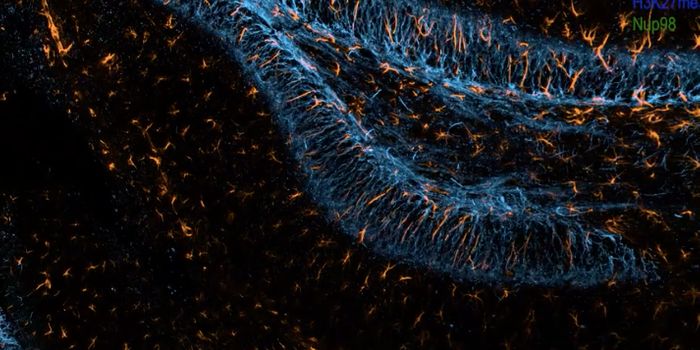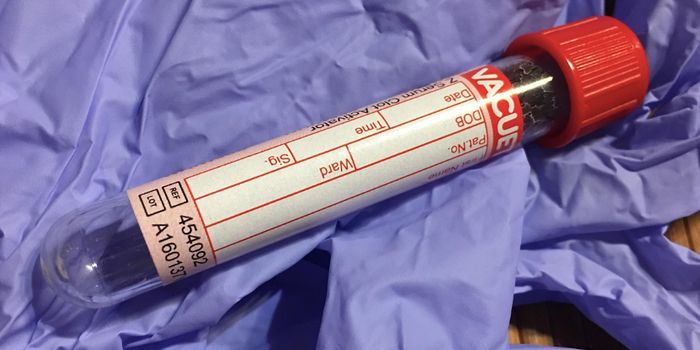Diagnosed: Cases of Rare Amnesia Stump Doctors
A rare cluster of 14 cases of severe amnesia in Massachusetts has doctors and CDC officials worried and on the hunt for a culprit, which remains unknown.

The hippocampus is a brain region essential for memory. Small and unassuming, the hippocampus plays a big role in transferring short- to long-term memory. In Alzheimer's and dementia patients who suffer from memory loss and disorientation, the hippocampus is usually one of the first regions to show damages. Patients who suffer trauma to the hippocampus have also reported experiences of anterograde amnesia - the inability to form new memories.
Upon further investigation, doctors noted another similarity. All four patients either tested positive for opioids or had a history of substance abuse.
Without knowing the scope of things, Barash contacted Dr. Alfred DeMaria Jr, the state epidemiologist for the Massachusetts Department of Public Health. "We couldn't really address what was causing this," said Dr. Alfred DeMaria.
To investigate whether these cases were isolated or if something more insidious was happening, the Department of Health issued a statewide alert. Doctors soon reported another 10 cases with similar characteristics: young patients between 19 and 52 years old, prior drug use, “striking anterograde amnesia,” and the telltale MRI mark on the hippocampi.
Because none of the cases were ongoing, researchers have to play detective based on medical history. "All we had was the medical records," DeMaria said. "We couldn't go back (in time)." Of note, 12 patients had opioid abuse, while others had used marijuana, cocaine, and amphetamines.
The cases point to drug abuse as a likely smoking gun for the amnesia. However, researchers are cautious to make such a connection until they identify more cases and establish a strong pattern.
Indeed, DeMaria said this cluster of amnesia cases may "[represent] an emerging syndrome related to substance use or other causes. Maybe nobody was looking for this," DeMaria said. "Maybe this isn't new. Maybe it was happening all along."
Additional sources: Live Science, CNN








